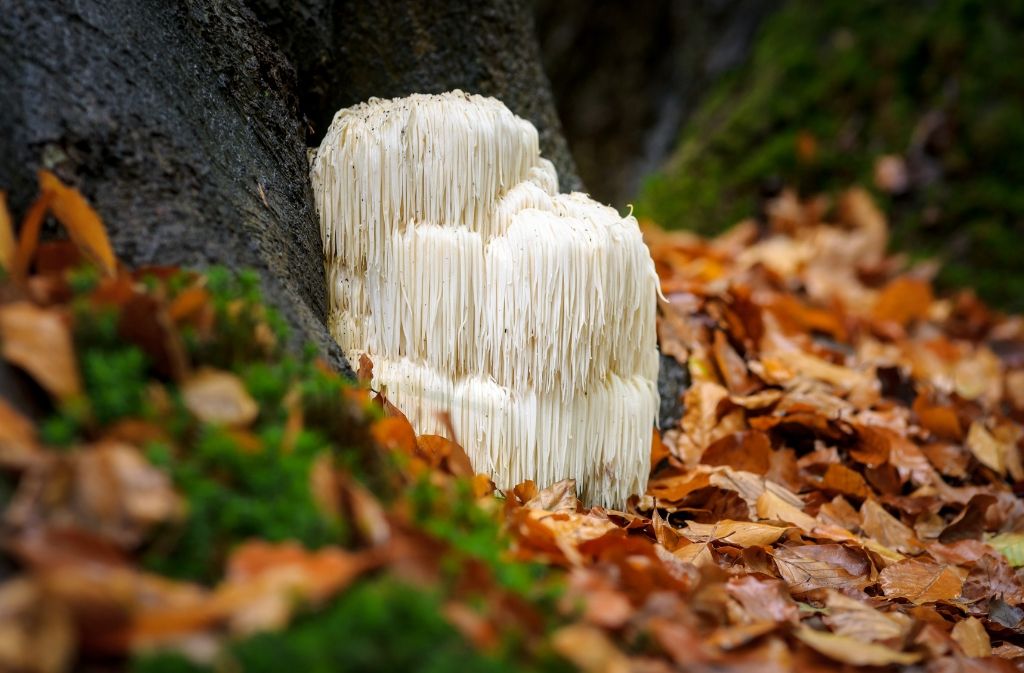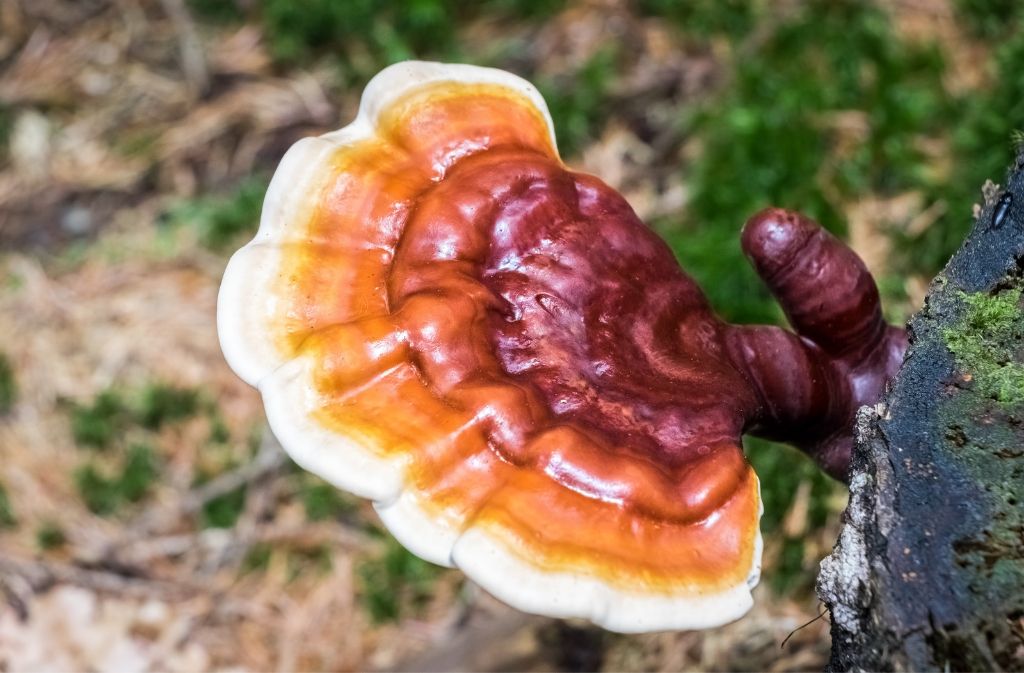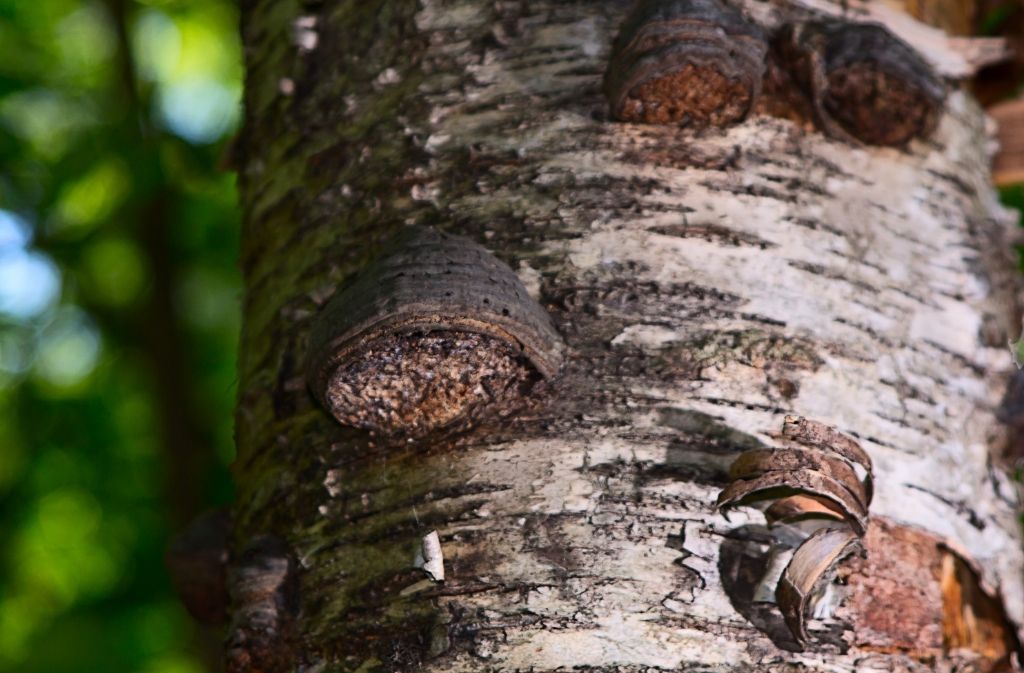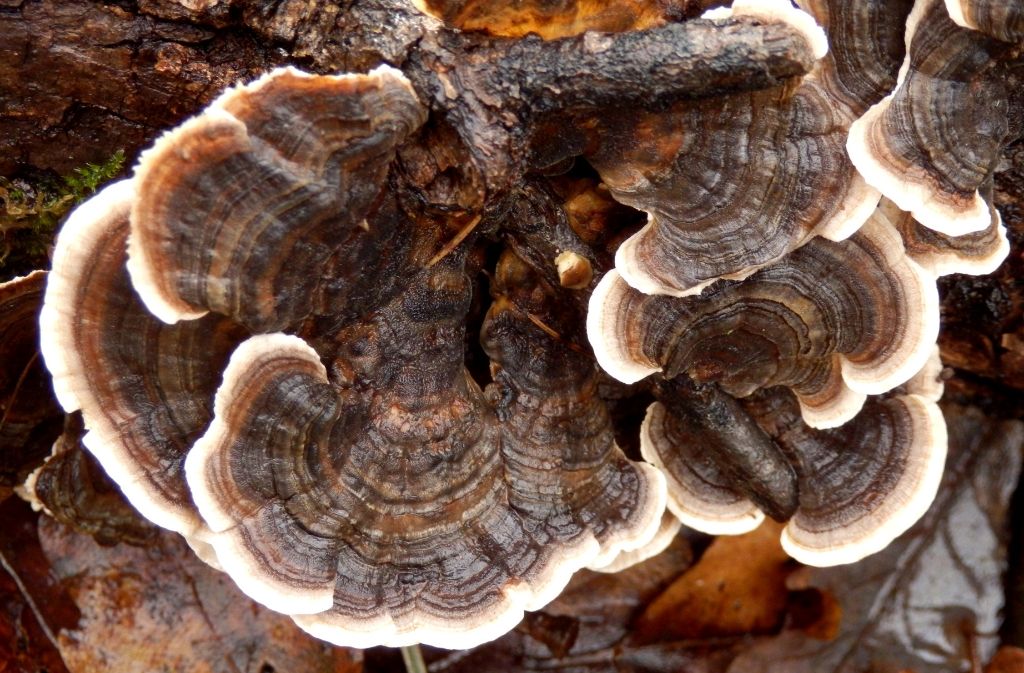Medicinal Mushrooms: Benefits, How to Choose & How to Use Them Safely
Mushrooms like lion’s mane, reishi, chaga, cordyceps, and turkey tail have been used by traditional healers for thousands of years. These powerful fungi are packed with antioxidants, polysaccharides, and other unique compounds that may provide cognition-enhancing, mood-boosting, immune-strengthening, stress-relieving, and anti-aging benefits. Functional mushrooms are not psychedelic and are very safe to consume, making them a potent addition to anyone’s wellness routine.
Why Medicinal Mushrooms Matter: Key Benefits & How to Use Them
Medicinal mushrooms—including reishi, cordyceps, chaga, and lion’s mane—belong to a unique class of functional fungi loaded with bioactive compounds such as beta-glucans, triterpenoids, and antioxidants. These compounds have been shown in research to support immune resilience, stress-response modulation, cognitive clarity, and even endurance capacity. Because each species offers distinct advantages, selecting the right mushroom for your goal — and using a high-quality extract — can make the difference between minimal effect and meaningful results.
Read on to discover everything you need to know about getting started with functional mushrooms.
In this article, you will learn:
- What are Functional Mushrooms?
- Are Functional Mushrooms Legal?
- What are the Benefits of Functional Mushrooms?
- Which Functional Mushrooms are Most Beneficial?
What are Functional Mushrooms?
While there are over 2,000 different species of edible mushrooms, functional mushrooms are a unique subset containing health-boosting compounds that can treat and prevent different diseases and enhance overall well-being. They have been used for thousands of years in both ancient Chinese and Ayurvedic medicines, and more recently, have exploded onto the health and wellness scene, appearing in coffee, smoothies, supplements, and more.
Though each medicinal mushroom has its own distinct benefits, they can help with everything from the common cold to chronic fatigue, inflammation, stress, anxiety, focus, hormone regulation, libido, and high blood sugar. These functional mushrooms act as potent adaptogens, working with your body to regulate your hormones, manage stress, and ultimately, bring your body back into homeostasis.
Are Functional Mushrooms Legal?
Functional mushrooms are 100% legal. They do not contain psilocybin (a Schedule I drug) and do not possess any hallucinogenic properties. So you might be disappointed if you take them to Burning Man, but they are perfect for your everyday health and wellbeing.
Are Functional Mushrooms Safe to Consume?
Yes, functional mushrooms are very safe to consume. Of course, consuming too much of anything has its downsides, but functional mushrooms have few to no side effects, so taking them modestly is generally safe and encouraged. In fact, when it comes to overdosing, one study showed that the only side effects of taking 10 to 50 times more than the recommended amount were suppression of the immune system, which, all things considered, is a fairly minor side effect.
It is important to note that most functional mushrooms are not meant to be eaten raw, so the best way to reap the benefits of these fantastic fungi is to enjoy them as capsules, in powdered form, or as a tincture. You can also add them to your coffee, tea, or smoothies for their health-promoting benefits. (Editor's note: We personally love adding functional mushrooms to our daily keto coffee and can attest to the fact that they have a minimal, if any, effect on taste!)
Do You Need to Work With a Doctor to Use Functional Mushrooms?
Even though functional mushrooms are generally considered completely safe to consume, we do recommend consulting your doctor before supplementing with them, especially if you have any medical conditions or are currently pregnant.
What are the Benefits of Functional Mushrooms?
Functional mushrooms all have their own unique advantages, but they also share a common list of benefits. Functional mushrooms may help:
- Boost immunity
- Reduce stress and anxiety relief
- Help with anti-aging
- Fight cancer
- Enhance memory
- Improve mood
- Manage depression
- Improve endurance
- Decrease fatigue
Don’t expect to take a functional mushroom and experience the benefits right away. Adaptogens work slowly, so it can take up to a few weeks for their powerful effects to make themselves known. For best results, it’s important to take high-quality products at known effective doses.
Which Functional Mushrooms are Most Beneficial?
With over 2,000 species of mushrooms, it can be difficult to know which ones to pick. Keep reading to learn about the most popular functional mushrooms and their distinct benefits.

Lion’s Mane Mushroom
Lion’s mane mushroom (Hericium erinaceus) is a potent functional mushroom that's been used in Chinese medicine for thousands of years.
DESCRIPTION: Lion's mane is a white, globe-shaped fungus that has long spines reminiscent of the hairs of a - you guessed it - lion's mane!
BENEFITS:
- Compounds in lion’s mane mushroom promote the creation of nerve growth factor (NGF), which can potentially enhance cognitive abilities by regulating and renewing cells in the nervous system. One Japanese study showed that lion's mane supplementation provided significant cognitive improvement in older adults who were suffering from mild cognitive impairment.
- Lion’s mane mushroom is ideal in helping stimulate your brain in all aspects, including aiding in memory, concentration, and even depression and anxiety.
- The abundance of antioxidants in lion’s mane mushrooms can also lower inflammation, which is helpful for people who deal with digestive issues like irritable bowel syndrome (IBS).
DOSAGE: Standard doses of 1,000mg (1 gram) or more per day are common.
SIDE EFFECTS: Lion's mane is very well tolerated with no known side effects.

Reishi Mushroom
Reishi mushrooms (Ganoderma lucidum) are another member of the medicinal mushroom group and one of the world’s most researched ingredients that have been shown time after time to benefit the mind and body.
DESCRIPTION: Also known as "lingzhi mushroom", reishi is a shiny red, kidney-shaped mushroom that grows at the base and stumps of deciduous trees like the maple.
BENEFITS:
- Contains ganoderic acids, compounds that support and protect the liver and therefore aid in detoxification. Ganoderic acid may also have anti-cancer effects.
- Reishi protects against free radicals, protecting the body against threats and viruses.
- In Chinese medicine, reishi is also taken medicinally to boost immunity against everything from the common cold to cancer by increasing the activity of the body’s essential white blood cells.
- The reishi mushroom is famous for its soothing, relaxing, and sleep-enhancing effects. It may also promote relief and mood enhancement for people dealing with anxiety or depression while alleviating fatigue.
DOSAGE: Standard dosages of dried reishi range from ~1,500mg (1.5 grams) to up to 9,000mg (9 grams) per day.
SIDE EFFECTS: It is recommended that reishi not be used long term (more than 3-6 months) as allergic reactions may develop. Signs of a reaction include dryness in the mouth, throat, and nasal passages, as well as itchiness and rash.

Chaga Mushroom
Chaga (Inonotus obliquus) is an arctic mushroom that packs serious beauty benefits as well as immune-strengthening powers.
DESCRIPTION: This parasitic mushroom grows on birch trees and looks like burnt charcoal. Its dark coloration is due to high concentrations of melanin, the same compound that gives our skin its pigmentation!
BENEFITS:
- Chaga mushroom is the ideal companion to keep on hand during flu season. It promotes the creation of special proteins (cytokines) that boost immunity, stimulate white blood cells to fight against bacteria and viruses, and lower inflammation in the body.
- Contains polysaccharides-chromium complex, a bioactive compound that has been shown in animal studies to significantly lower blood sugar and reduce diabetes-like symptoms.
- This medicinal mushroom is also a powerhouse of important vitamins and minerals, which is why it’s getting a good rep as a beauty supplement for its skin, hair, and nail-enhancing benefits.
- Chaga mushroom can also be used for its anti-aging abilities. The antioxidants in this super shroom are known to fight free radicals and repair damage from UV exposure, pollution, and aging.
DOSAGE: Standard dosages of chaga are typically 1,000mg (1 gram) per day.
SIDE EFFECTS: It is generally well-tolerated with few known side effects. Due to its high oxalate content and blood sugar-lowering properties, however, individuals on low-oxalate diets or those taking diabetic medications should consult with their doctor before use.

Cordyceps Mushroom
The cordyceps mushroom (Cordyceps sinensis and Cordyceps miliaris) is the medicinal mushroom of choice when it comes to fitness, stress, and immunity.
DESCRIPTION: The name "cordyceps" comes from the Latin words meaning "club" and "head". This is a pretty good description of what a wild cordyceps looks like!
BENEFITS:
- Cordyceps isn't actually a mushroom in the strictest sense; it is technically an "annual ascomycetes fungus" closely related to mushrooms that grows parasitically on insect larvae.
- Cordyceps mushroom is indispensable in maintaining energy, stamina, and athletic performance by promoting healthy blood flow, increasing the body's lactate threshold, and stimulating ATP (this is what gives energy to muscles).
- The high-antioxidant content of cordyceps can help fight fatigue and stress and even boost the libido thanks to its ability to improve blood flow.
- Contains cordycepin, an immunoregulatory compound that can help to enhance the immune system to fight harmful free radicals, promoting overall wellness. Cordyceps can be counted on to promote longevity while improving heart health, reducing the risk of cancer, and lowering blood sugar and cholesterol.
DOSAGE: Standard dosages of cordyceps are approximately 1,000mg (1 gram) per day.
SIDE EFFECTS: Cordyceps is well-tolerated, but some individuals may experience mild side effects like a stomach ache or dry mouth. Individuals with blood-clotting diseases should discuss the use of cordyceps with their doctor, as it has blood-thinning (anti-coagulant) properties.

Turkey Tail Mushroom
Besides chaga, reishi, lion’s mane, and cordyceps, turkey tail (Trametes versicolor or Coriolus versicolor) is another medicinal mushroom that is prized for its immune-boosting and anti-cancer potential.
DESCRIPTION: Gets its name from the brown and tan rings that are reminiscent of the tail feathers of a turkey.
BENEFITS:
- This wild mushroom is one of the best-selling anti-cancer drugs in Japan and China. Its powerful white blood cell-boosting qualities are believed to help treat several different kinds of cancers by suppressing tumor growth.
- Turkey tail can also help chemo patients, repairing immune cell damage that was caused by chemotherapy.
- The prebiotics present in turkey tail mushrooms also make it a great ingredient to improve digestion and overall gut health.
DOSAGE: Typical dosage is 500mg per day, although higher doses (1 gram+/day) may be recommended for specific health goals.
SIDE EFFECTS: Turkey tail has no known toxicity, but high doses may cause loose or darkened stools and darkened nail pigmentation. Individuals who are pregnant, taking immunosuppressant drugs, or anticoagulants should consult their doctor before taking turkey tail.
Frequently Asked Questions (FAQ)
- Which medicinal mushrooms are best for immunity, stress, or cognition? Reishi is often used for immune support and stress relief; cordyceps for energy and athletic performance; lion’s mane for cognitive support; and chaga for antioxidant and longevity focus.
- How do you choose a high-quality medicinal mushroom product? Look for: clearly stated species (e.g., Ganoderma lucidum for reishi), fruiting-body vs mycelium distinction, standardised extracts, third-party testing, and no fillers or additives.
- Are medicinal mushrooms safe—what dosage & side-effects should you consider? While generally well-tolerated, high doses or poor-quality products can cause digestive upset, interact with medications (e.g., immunosuppressants), or be less effective. Start low, and consult a health professional if you have health conditions.
UP NEXT: Choosing the Best Cordyceps Supplement: Sinensis vs Militaris, CS-2 or CS-4?
(Want articles like this via email? Here's the sign up!)
